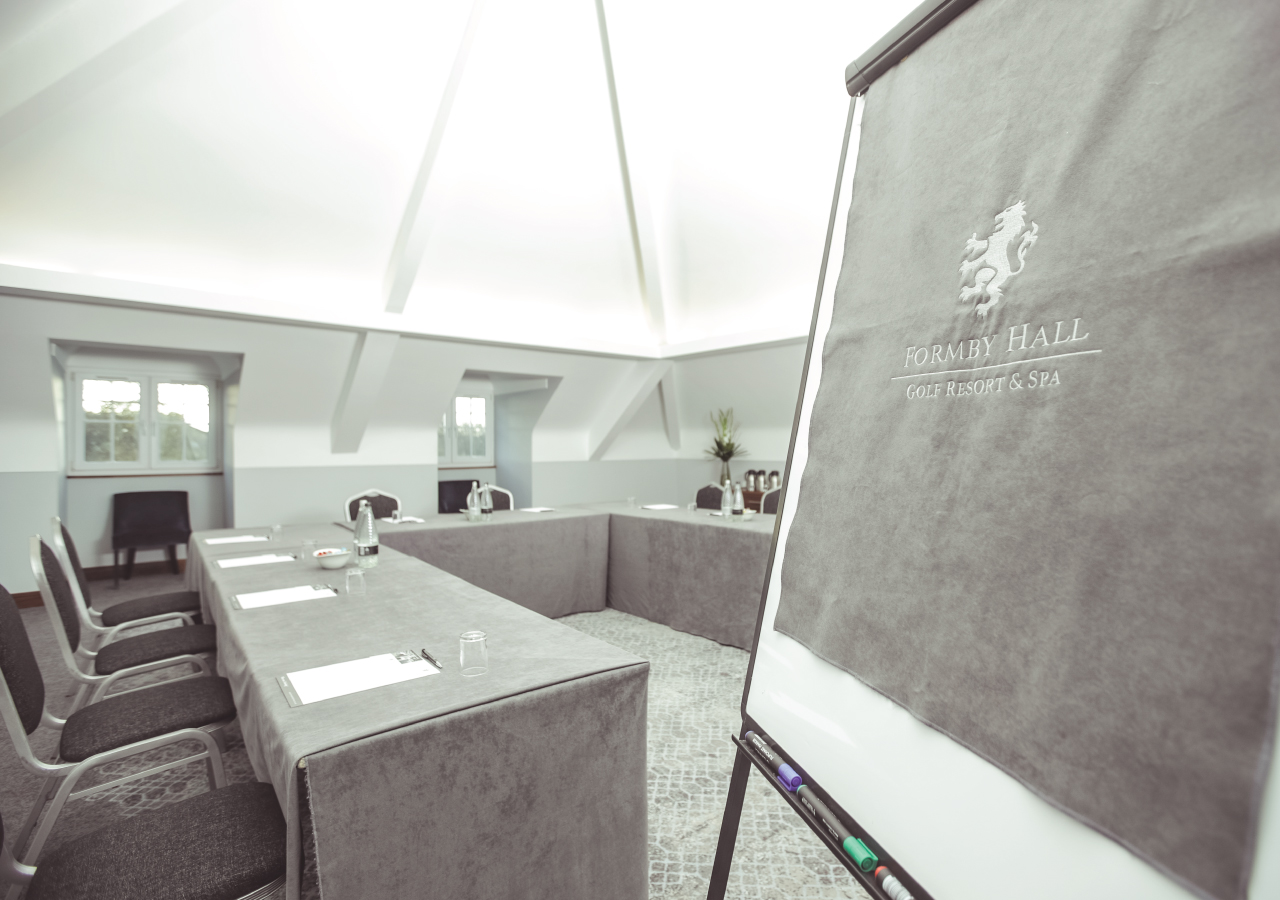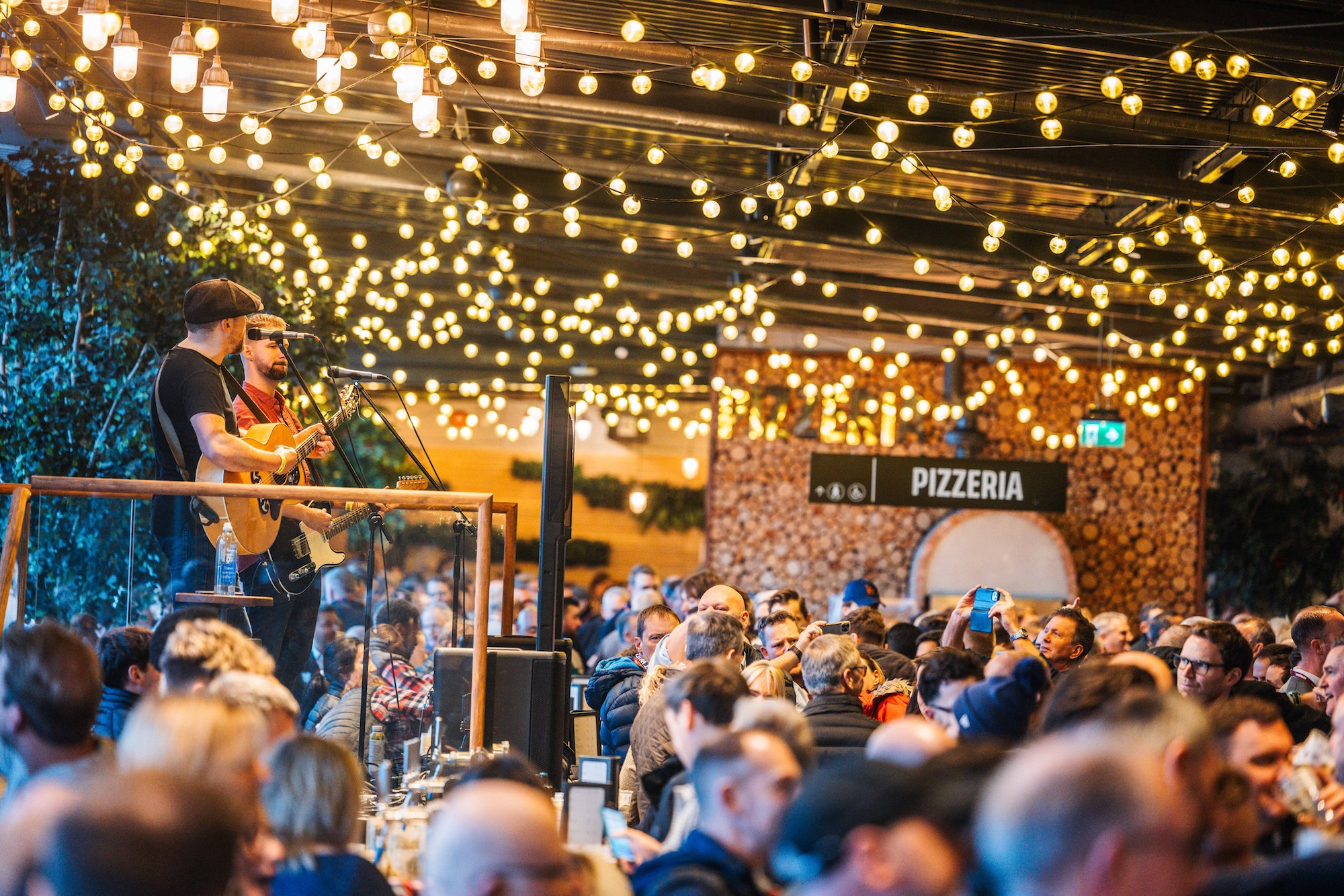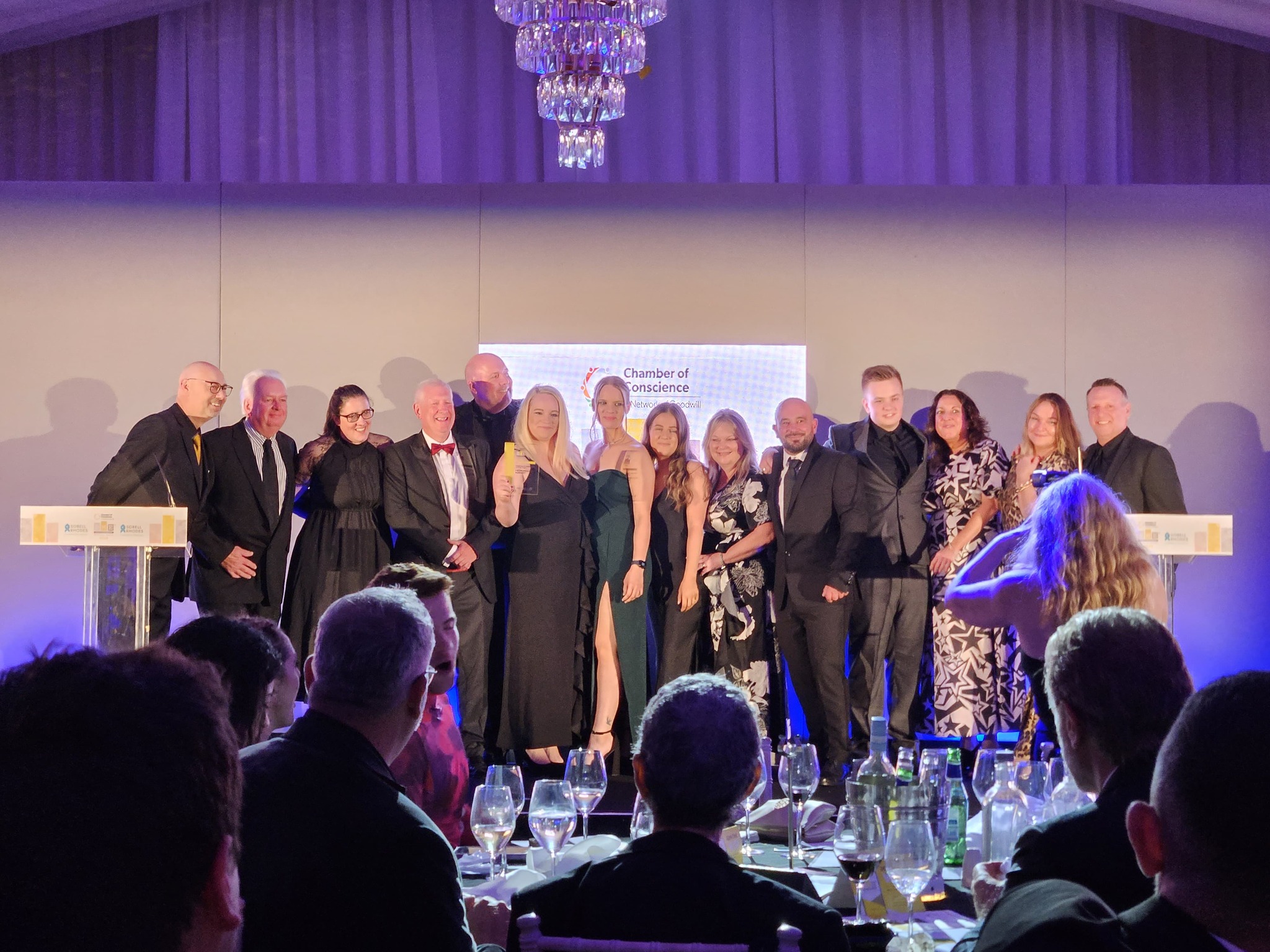The ‘The Theatre of Dreams’ or ‘The Home of Cricket’ are names that conjure up wonderful images of sporting glory. It is unsurprising that sports businesses are increasingly looking to leverage this appeal among corporate markets, not only in terms of matchday hospitality, but also in the competitive events marketplace.
The unique appeal of a sporting venue has not gone unnoticed by event organisers. In the past two years, the number of companies hosting events at sporting venues has increased by around 67%. This increase correlates with the growth in the number of new or refurbished stadiums that have been built across the UK since 2000. However, while sporting venues have primarily been constructed to accommodate the growing needs and demands within the sports industry, when designing the new facilities increasing consideration has been given to the opportunity to utilise the venues on a non-matchday. Consequently, many sporting venues are now in a position to compete within the competitive events industry.
Hotels continue to be the most popular choice of venue, and those such as The Ritz or Grosvenor House are synonymous with luxury and prestige, which is a central part of the appeal for companies and for delegates in their decision to attend events. Similarly, with sporting venues there is heritage, prestige and glamour embedded within the clubs that own the stadiums and within the traditions of the sport played at the grounds, adding its own unique attraction.
The likes of Emirates Stadium and Wembley Stadium offer huge flexibility in the size of events that can be accommodated. At Emirates Stadium there are 10 individual suites, plus 150 executive boxes, which can host events from as small as 15 to as large as 1,500. Suites have views of the pitch and stadium bowl, enabling delegates to experience the shear size and magnificence of a 60,000-capacity sporting arena. Like many sporting venues, Emirates Stadium offers the opportunity for delegates to go ‘behind the scenes’, including tours of the players’ changing rooms and press conference areas. These elements have proven to significantly add to the appeal and increase delegate attendance – and this is something event organisers are increasingly starting to recognise.
However, the unique appeal of the venue alone is not sufficient in winning the business. It’s essential to be able to demonstrate to organisers that the venue can provide a complete and professional event solution. Once the business is won, as with all types of venues, the challenge is to secure repeat business and build a positive reputation, which can only be done by delivering successful events.
Sporting venues are increasingly working with partners who have a wealth of experience and employ qualified event professionals to provide consistently high levels of service. Similarly with the increasing reliance on technology in business, sporting venues can no longer neglect the provision of state-of-the-art audio-visual equipment, along with professional technical support.
The unique draw of sporting venues and their renewed commitment to compete with the same level of professionalism as more traditional event venues looks set to ensure some of the UK’s leading sports businesses enjoy as much success on the pitch as off it.
_Sarah Townend is marketing manager at Arsenal Football Club_






